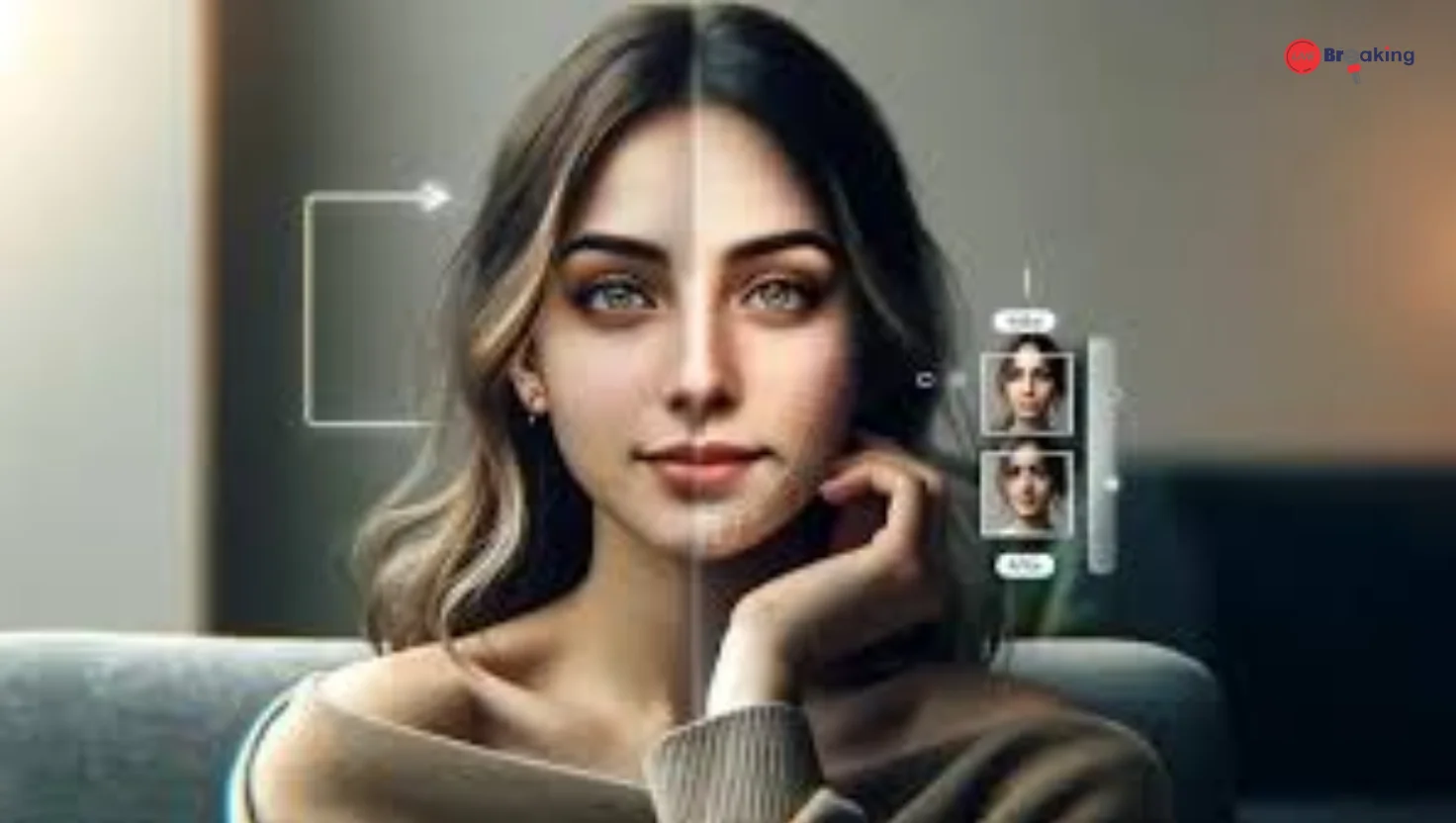How Free AI Face Swapping Is Shaping Digital Content in 2025
In 2025, the content creation world is undergoing a seismic shift — and at the heart of it is a technology once seen as a novelty: AI-powered face swap tools. What was once limited to playful social media filters has evolved into a powerful, widely accessible tool that’s changing how creators, influencers, marketers, and filmmakers approach storytelling and digital production.
Thanks to advanced machine learning models and the widespread availability of free face swap apps and platforms, creators now have unprecedented control over visual content. From producing lifelike deepfakes to inserting actors into historic footage, the line between reality and simulation is blurrier than ever — and the possibilities are endless.
The Democratization of Deepfake Tech
One of the biggest transformations in 2025 is the democratization of AI face-swapping. Previously confined to high-budget studios or tech-savvy individuals, this technology is now available to anyone with a smartphone. Free tools like Reface, Zao, DeepFaceLab, and newer AI-powered mobile apps are enabling users to swap faces in photos and videos with remarkable realism — all in a matter of seconds.
This accessibility is fueling a surge in UGC (user-generated content), making it easier than ever to create parody clips, lip-sync music videos, cinematic skits, and brand campaigns — without professional editing skills or software.
New Frontiers in Entertainment and Marketing
In 2025, AI face swaps aren’t just for fun — they’re becoming an essential part of entertainment and digital marketing strategies. Music videos now feature fans’ faces inserted into scenes, personalized movie trailers allow users to star alongside A-list celebrities, and brands are creating localized ad content using the same footage but with different faces and languages.
Read more: WhatsApp Testing New Multi-Account Feature on Single Device
Influencers and content creators are also leveraging the tech to diversify their content at scale, reenact famous scenes, or collaborate virtually without ever being in the same room. This has not only saved time and money but also opened up new forms of immersive storytelling.
Challenges and Ethical Considerations
While the benefits are undeniable, the rise of free AI face swap tools brings with it a wave of ethical concerns. Misuse, misinformation, consent violations, and identity spoofing are critical issues that tech developers, platforms, and governments are scrambling to address.
In response, many platforms now include digital watermarks, consent checks, and AI detection systems to distinguish real from synthetic media. Yet, as the technology becomes more sophisticated, so do the risks — pushing for a much-needed dialogue around digital ethics, privacy, and responsible AI usage.










